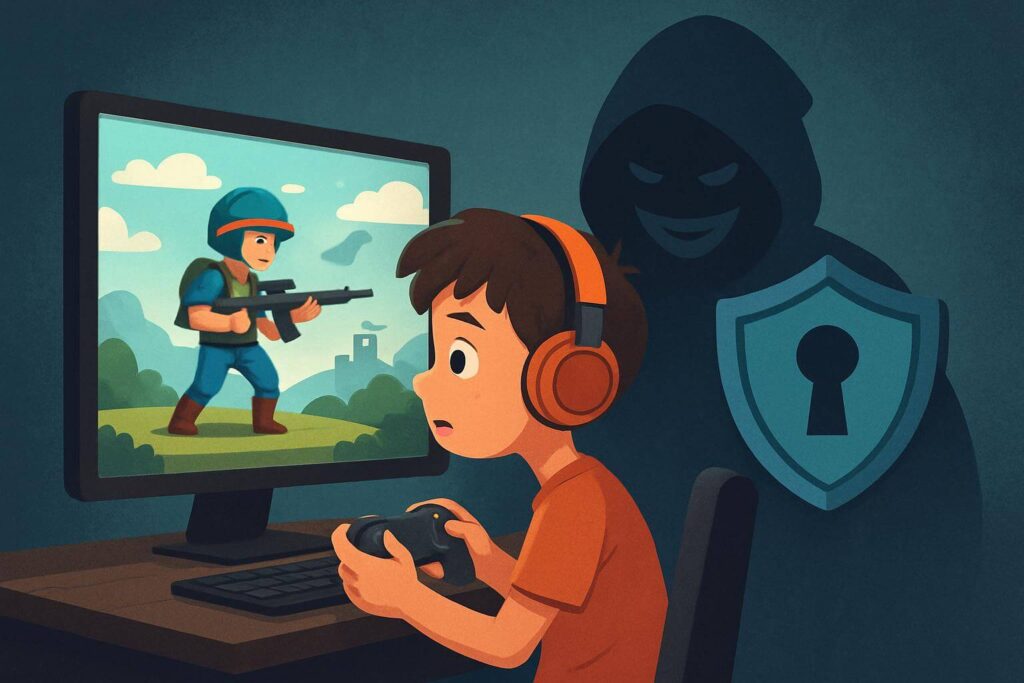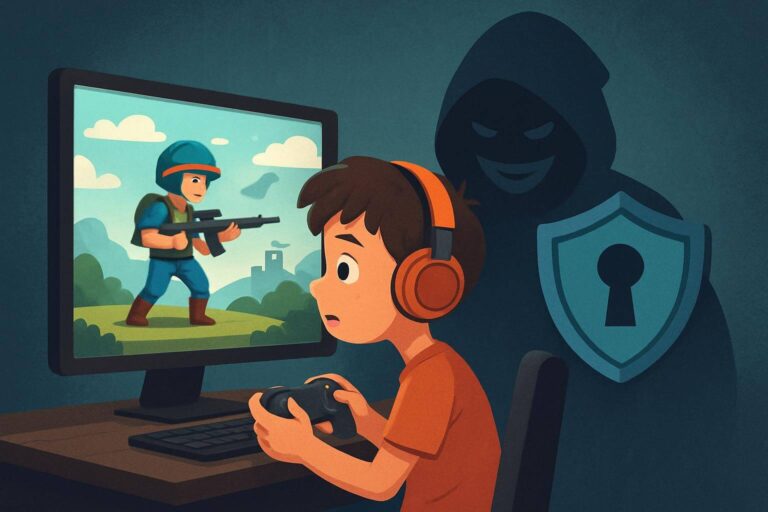
Why Cybersecurity for Layman Matters
In today’s digital age, everyone uses the internet. We shop online, chat with friends, and share photos. But every click carries risk. Hackers and criminals look for weak points. They target ordinary people as much as big companies. That is why cybersecurity for layman has become so important.
Many people think security is only for experts. That belief is dangerous. Attackers often choose easy targets. They use tricks like fake emails, weak passwords, or suspicious links. Anyone can fall for them. Understanding simple steps can save people from trouble. Cybersecurity is not about complex coding. It is about awareness and habits. When ordinary users learn the basics, they protect themselves and their data.
Basic Steps of Cybersecurity for Layman
Protection starts with small actions. The first step is creating strong passwords. Use a mix of letters, numbers, and symbols. Avoid using birthdays or simple words. Hackers guess them easily. A strong password keeps accounts safer.
The next step is updates. Devices, apps, and browsers release updates often. They patch security holes. Many users ignore them, which gives attackers a chance. Turning on automatic updates saves time and ensures safety.
Another habit is being careful with links. Fake messages often carry harmful attachments or links. They look real but lead to scams. Before clicking, check the sender or website. A few seconds of caution can prevent damage.
Using two-factor authentication adds another wall of defense. Even if someone steals a password, they still need a code from the user’s phone. This step greatly reduces risk. Cybersecurity for layman does not mean learning advanced tools. It means practicing these small habits daily.
Common Threats Everyone Should Know
Understanding threats helps in recognizing danger. The most common one is phishing. Criminals send fake emails or texts. They try to trick people into giving details like bank passwords. Many fall for these because they look official.
Another threat is malware. This software hides inside downloads, games, or files. Once installed, it steals data or damages devices. Avoiding unknown downloads reduces this risk.
Public Wi-Fi is also risky. Hackers can monitor activity on open networks. They steal passwords or credit card numbers. Using mobile data or secure Wi-Fi is safer. If public Wi-Fi must be used, avoid sensitive transactions.
Social engineering is another trap. Attackers trick people into revealing secrets. They may pose as friends, coworkers, or even officials. A polite voice on the phone can be dangerous. Always confirm identities before sharing personal details. Cybersecurity for layman is about spotting these tricks early.
Building a Safe Digital Lifestyle
Safety online requires a lifestyle change. It is not a one-time action. Just like washing hands protects from germs, safe habits protect from digital attacks. Families can talk about security at home. Parents should teach kids not to share personal details with strangers online.
At work, employees should follow basic policies. They should lock screens when leaving desks. They should report suspicious emails to supervisors. These simple acts create a safer environment for everyone.
Regular backups also matter. If a device gets hacked, data can be lost forever. Keeping a backup on a hard drive or cloud storage saves important files. This is one of the simplest ways to recover from an attack.
Most importantly, never think, “It won’t happen to me.” Hackers do not care about status or wealth. They attack because it is easy. Cybersecurity for layman starts with awareness. Every person can be a defender of their own digital world.



